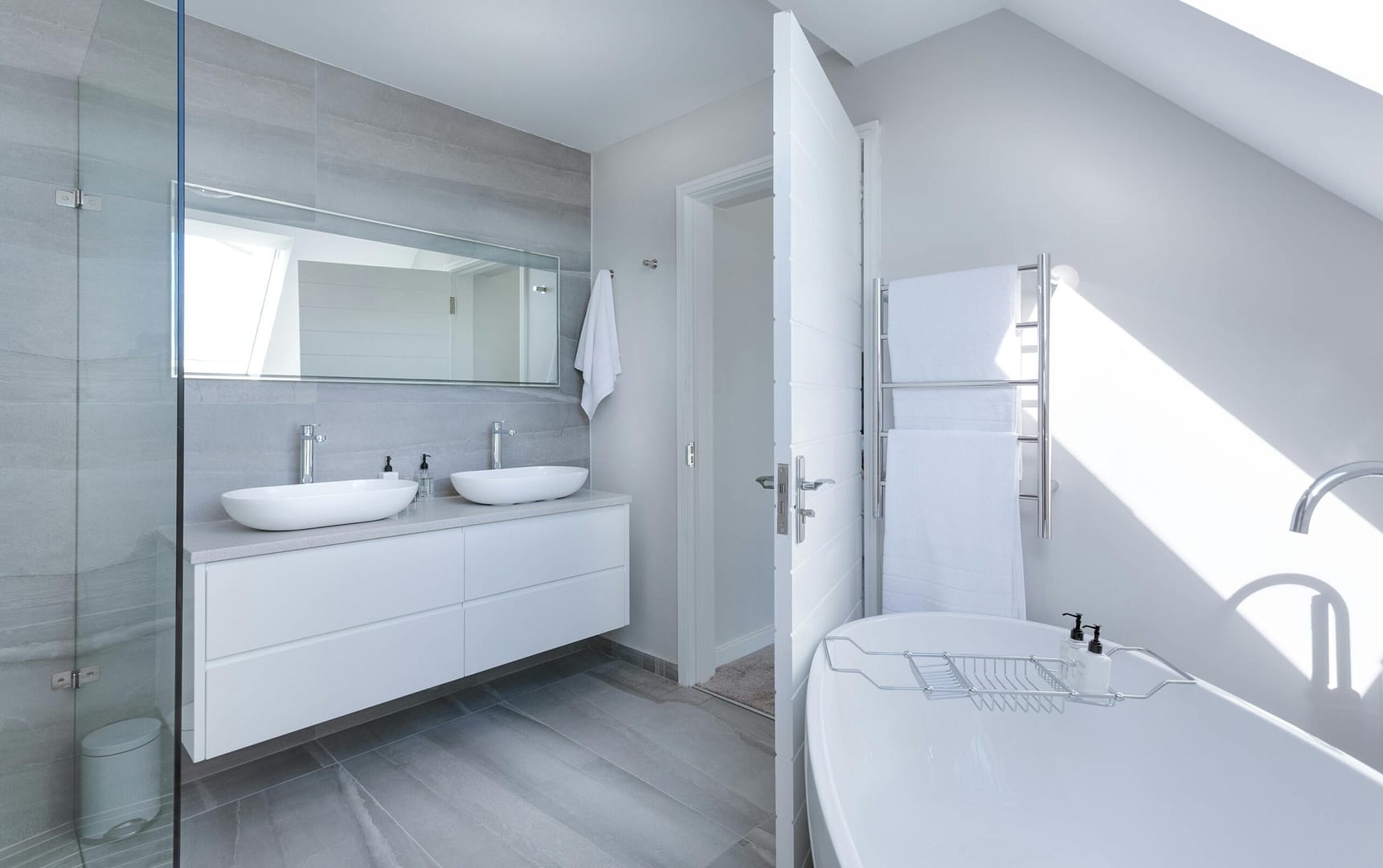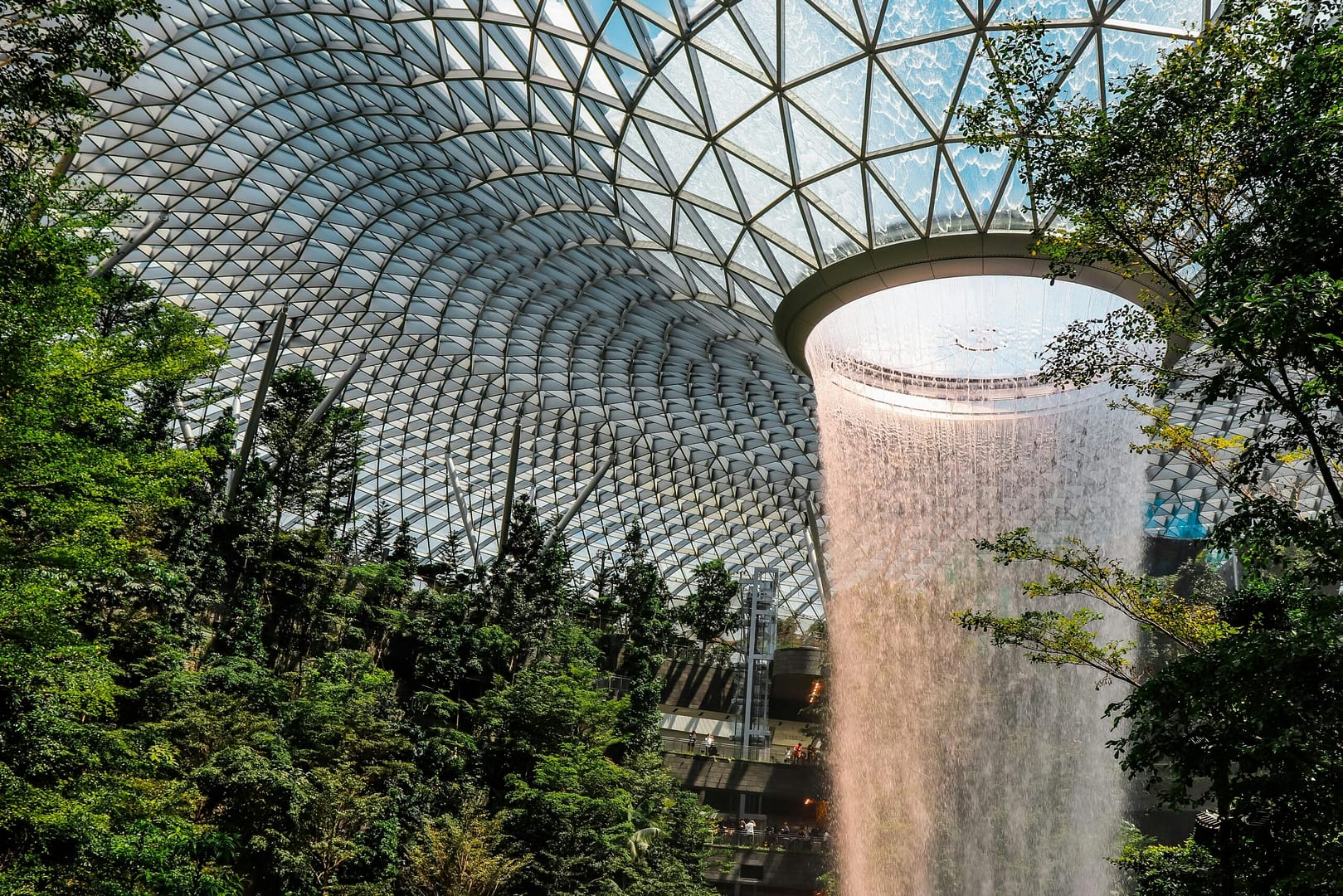Here’s a breakdown of primary components and functions of plumbing in Singapore:
1. Fixtures and Appliances: Singaporean plumbing fixtures range from sinks and toilets to showers and washing machines, catering to diverse needs. These fixtures are seamlessly integrated into the plumbing system through pipes and fittings, ensuring efficient water flow throughout buildings.
2. Drainage and Ventilation: Drainage pipes in Singapore efficiently carry wastewater away from fixtures to treatment facilities. Ventilation systems prevent airlocks and maintain proper drainage flow, ensuring effective wastewater management.

Here are the key aspects of sanitary systems in Singapore:
1. Sewage Collection: Singapore’s sanitary systems efficiently collect wastewater from toilets, sinks, showers, and kitchen appliances. PUB manages this wastewater, transporting it to advanced wastewater treatment plants for processing.
2 Treatment and Disposal: Wastewater undergoes rigorous treatment processes in Singapore, including filtration, sedimentation, biological digestion, and chemical disinfection. This ensures that only treated water is safely discharged back into the environment, meeting stringent water quality standards.
3. Septic Systems: While centralized sewer systems are prevalent in Singapore, some rural areas may utilize septic systems for wastewater treatment. PUB regulates these systems to ensure proper functioning and environmental protection.
4. Ventilation: Vent pipes integrated into Singapore’s sanitary systems prevent the build-up of gases and odours, maintaining hygienic conditions and public health standards.

The Importance of Plumbing and Sanitary in Singaporean Society
In Singapore, access to clean water and effective sanitation is fundamental for public health and environmental sustainability. Here’s why these systems are indispensable:
1. Public Health: Singapore’s plumbing and sanitary systems uphold rigorous standards, safeguarding public health by preventing waterborne diseases and contaminants. Clean water access promotes overall well-being and reduces the risk of illnesses.
2. Environmental Protection: Singapore prioritizes environmental sustainability by treating wastewater to stringent standards, minimizing pollution and preserving water quality. This protects aquatic ecosystems and natural habitats, ensuring a healthy environment for future generations.
3. Urban Development: Robust plumbing and sanitary infrastructure support Singapore’s urban growth and development. Reliable water and sanitation services attract businesses, residents, and investments, contributing to the city-state’s prosperity and livability.
4. Emergency Preparedness: Singapore’s resilient plumbing and sanitary systems play a crucial role in emergency response efforts. During crises or natural disasters, access to clean water and effective sanitation is essential for maintaining public health and well-being.
5. Global Sustainability: By investing in innovative technologies and sustainable practices, Singapore contributes to global sustainability efforts. Efficient water and sanitation management ensure the responsible use of resources, promoting resilience in the face of evolving challenges.





Leave a Reply